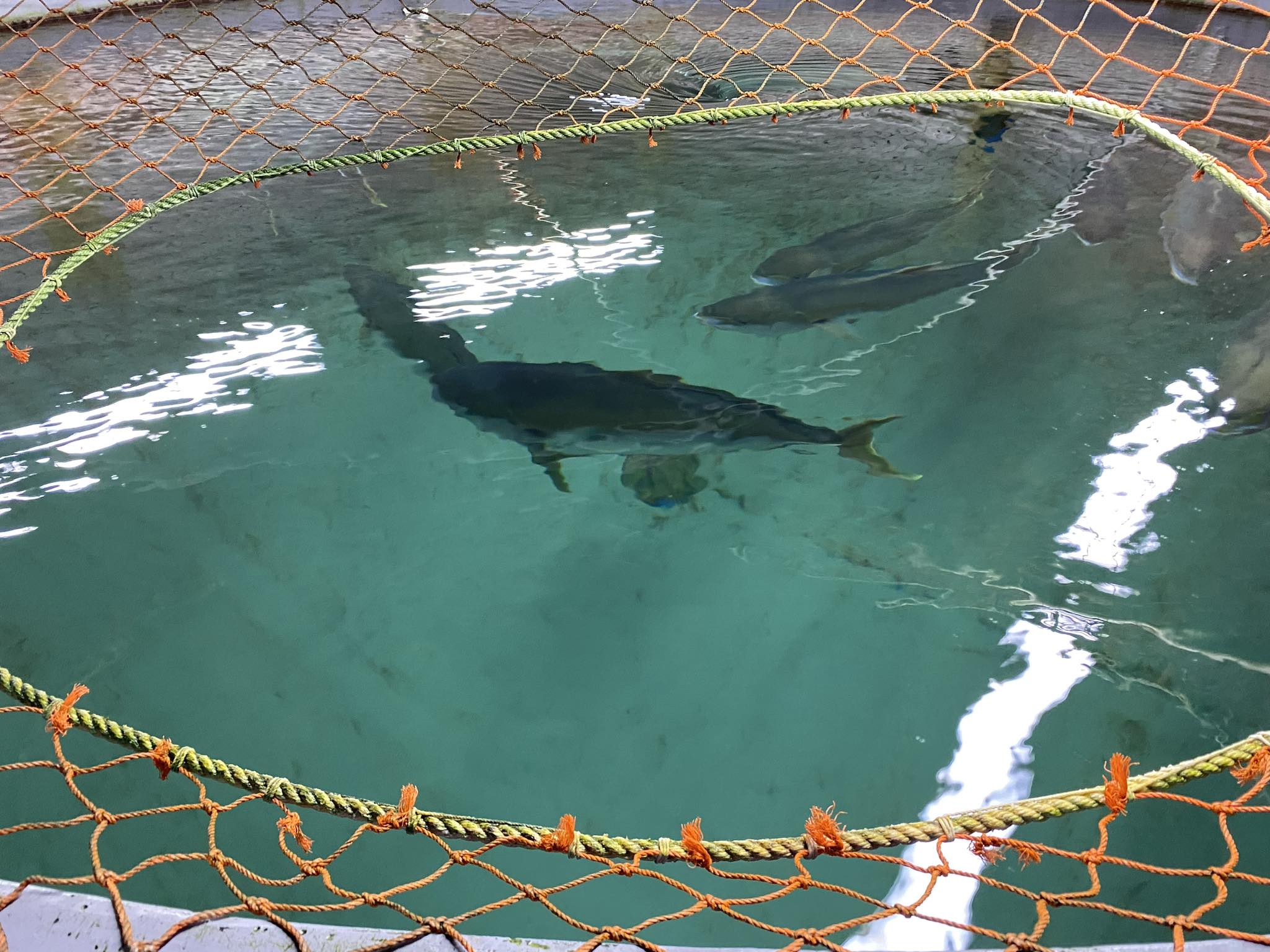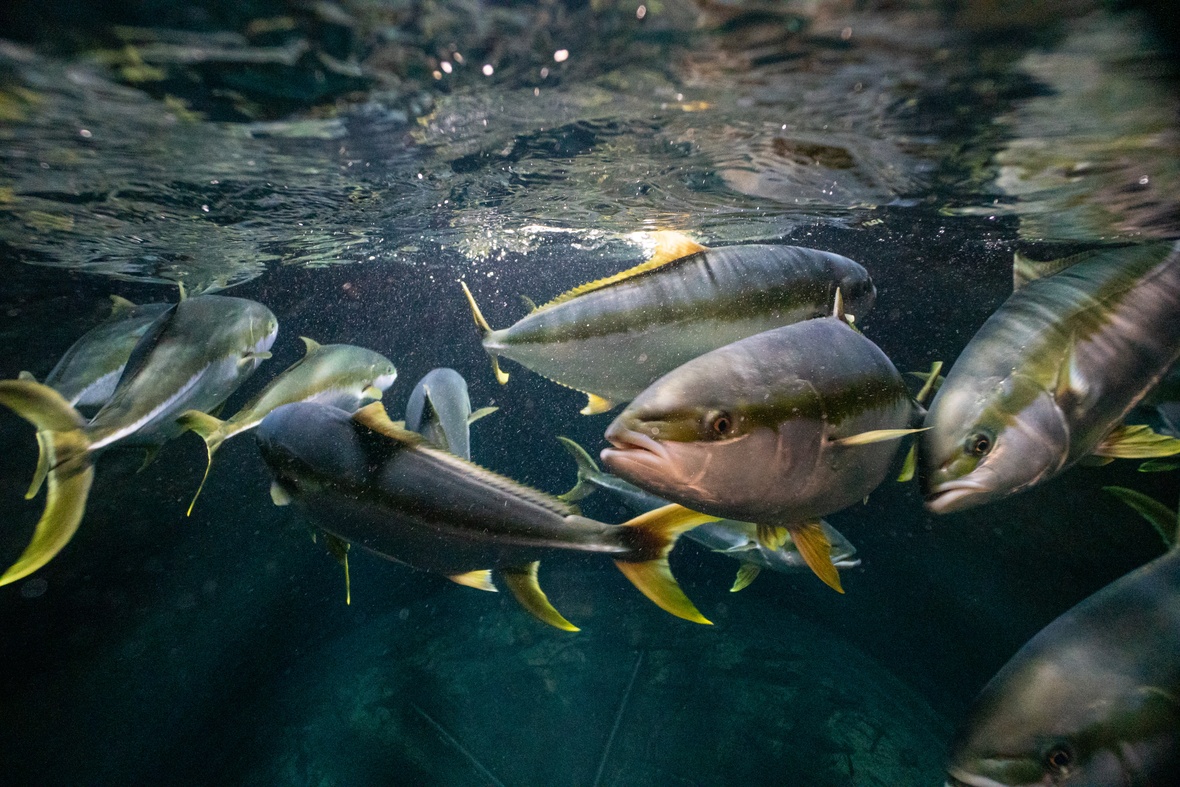Kingfish feasibility study breaking new ground for Whāngārā Farms

For almost 50 years, aquaculture has been a lifeline for regional towns across Aotearoa, supporting thousands of whānau into meaningful jobs and propping up vital services and causes (AQNZ, 2023)
Aquaculture, the farming of aquatic plants and animals, is an efficient system that has a low environmental impact compared with other ways of producing protein.
According to the Ministry of Primary Industries, the New Zealand aquaculture industry produces some of the world’s best seafood. New Zealand exports to 81 countries, with annual sales of around $650 million and recognised for its sustainably produced New Zealand greenlipped mussels, pacific oysters and King Salmon.
In early 2023, Whāngārā Farms successfully secured $250,000 from the Ministry of Primary Industries Māori Agribusiness Innovation Fund to progress a feasibility study for a land-based kingfish farm in Te Tairāwhiti.
The kingfish farm if deemed feasible is a commercial project that enables Whāngārā Farms’ vision of creating sustainable growth for the wellbeing of its’ people. It is also attributed to Whāngārā Farms’ move towards diversification to provide additional revenue streams to traditional sheep, beef and wool, lowering the risk of a singular business focus and the impact of climate change, and the global economy on that sector. It is one initiative towards transitioning to more sustainable agrifood systems.
Whāngārā Farms’ move towards land use diversification involves re-thinking the way the organisation uses the unfarmed land. It is also about future generations, and safeguarding our whenua.
Whāngārā Farms’ Business Manager, Ray Leach, stated that a previous study in 2021 identified kingfish to be the leading potential species for production in Tairāwhiti, and says the interest is about being part of building new aquaculture sectors across the motu, embracing sustainability, and innovation - a sector the government has ambitions to help turn into a 3-billion-dollar industry by 2035!
The feasibility study commenced in September 2023, with phase one of the study looking to assess the local and global market demands for kingfish products. Whāngārā Farms’ are working with NIWA scientists who say that “the [kingfish] species is an ideal candidate for commercial farming in New Zealand.”
Hatchery production of kingfish is now well established across Aotearoa, with NIWA’s hatchery at the Northland Aquaculture Centre (NAC) at Ruakākā consistently producing 500,000 kingfish fingerlings per year (readily scalable to one million), to provide surety for first commercial entrants.
As part of phase two, Whāngārā Farms will be assessing the local supply chain from a 20 year perspective to identify the strongest positioning which could either be a hatchery or a growout.
The impact of climate change and advances in open ocean aquaculture has seen organisations in the aquaculture industry experience strong growth and positive projections in recent years.
A Whāngārā Farms and Iwi kingfish operations could be a new success story for aquaculture in Aotearoa, with the organisation also seeing the opportunity to maximise the potential of non-productive whenua, create jobs and improve whānau outcomes.
“There is a way to go, but the signs are good says Ray Leach. He believes a collective approach through māoridom on the East Coast will help ensure success and sustainability”.
The feasibility study is due for completion in February 2025, with findings and recommendations expected to promote the acceleration and development of Tairāwhiti’s first aquaculture farms.









